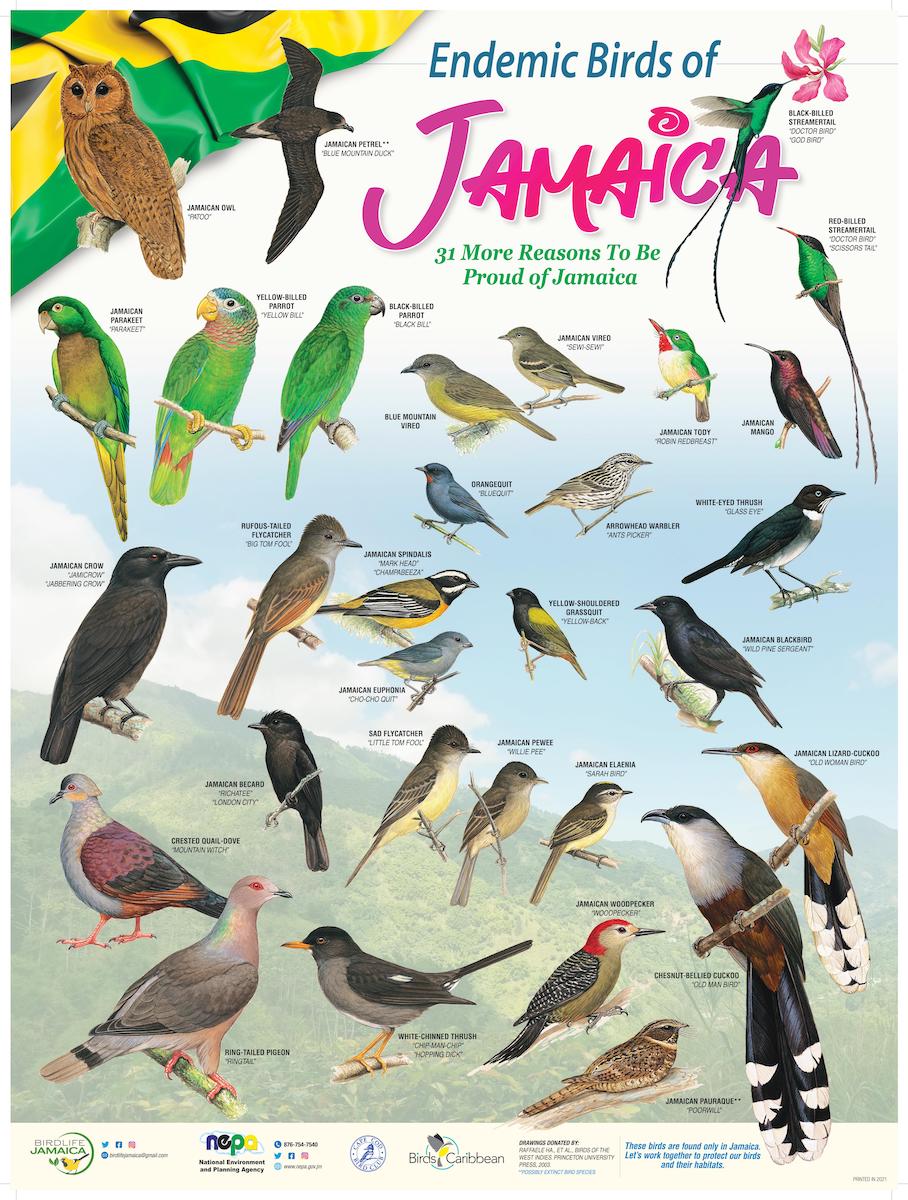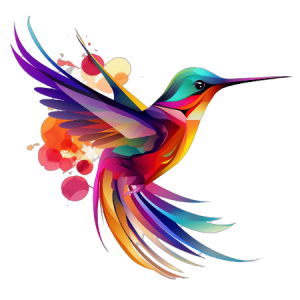In this article, titled “A plea to protect Jamaica’s wild birds,” the author highlights the need for increased protection of Jamaica’s native bird species. Despite being covered under the Wildlife Protection Act, these birds continue to be targeted and harmed. The article explores the historical context of bird hunting in Jamaica and discusses recent incidents that have raised concerns. The author emphasizes the importance of preserving the bird community and urges readers to take action to protect these vulnerable species.
Introduction
Jamaica is home to a rich and diverse array of wildlife, including a wide variety of native bird species. However, these beautiful creatures are facing numerous threats, despite the protection offered to them under the Wildlife Protection Act. In this article, we will explore the background and historical context of Jamaica’s wildlife protection efforts, as well as recent incidents of abuse and illegal trapping. We will also discuss the importance of enforcing the Wildlife Protection Act, the regulations surrounding shooting season, and the need for community engagement and education in order to protect Jamaica’s wild birds.

Background
Overview of Jamaica’s Wildlife Protection Act
The Wildlife Protection Act in Jamaica provides legal protection for all native birds on the island. This includes species such as parrots, parakeets, owls, seabirds, and shorebirds. The act aims to preserve the natural biodiversity of Jamaica and maintain the delicate ecosystems that these birds inhabit.
Protected native bird species
Under the Wildlife Protection Act, all native bird species in Jamaica are protected. This means that it is illegal to kill or injure these birds, as well as disturb their habitats. The act recognizes the importance of preserving these species and the valuable role they play in the island’s ecosystem.
Exclusion of domesticated birds
While the Wildlife Protection Act covers all native bird species, domesticated birds such as chickens are not included in its protections. This exclusion reflects the focus of the act on preserving the natural biodiversity of Jamaica and ensuring the conservation of native wildlife.
Historical Context
Protection of turkey vultures in 1687
The protection of native bird species in Jamaica dates back to 1687 when turkey vultures, known locally as “John Crows,” became the first species to be protected by law. These birds were valued for their role in consuming carrion and were deemed harmless. The imposition of a fine for harming these birds demonstrates a historical recognition of the importance of their conservation.
Evolution of attitudes towards wild birds in Jamaica
Jamaicans have had a complex relationship with wild birds, as seen in the common childhood practice of shooting birds with slingshots. However, with the advent of technology and changing lifestyles, the popularity of this practice has diminished. The increasing awareness of the importance of protecting wild bird species has led to a shift in attitudes towards their conservation.
Impact of technology on birding practices
Advancements in technology have played a significant role in shaping birding practices in Jamaica. With the ability to capture and share videos of birds in their natural habitats, biologists and bird enthusiasts, such as Damion Whyte, have been able to raise awareness of the need for bird conservation. These videos have highlighted incidents of abuse and illegal trapping, sparking public concern and prompting calls for stronger protection measures.
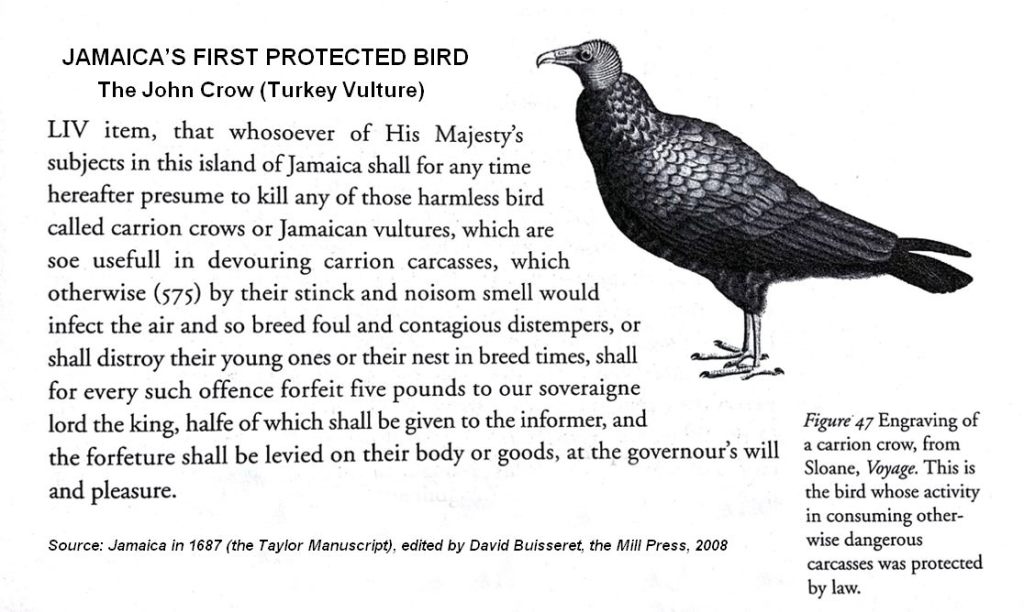
Recent Incidents
Videos shared by biologist Damion Whyte
Biologist Damion Whyte has shared videos on social media that shed light on incidents of bird abuse and illegal trapping in Jamaica. These videos have opened the public’s eyes to the mistreatment of birds and have sparked a conversation about the need for stricter enforcement of wildlife protection laws.
Abuse of Northern potoo
One of the videos shared by Damion Whyte depicted a young man catching a bird, specifically a juvenile Northern potoo, with his bare hands. The bird, which had been peacefully resting on a tree branch, panicked and was likely injured during the incident. The Northern potoo is a nocturnal species that spends its days in a meditative trance, making it even more critical to protect them from harm.
Illegal trapping methods used for Grey Kingbird
Another video shared by Damion Whyte showcased a man proudly displaying a dead Grey Kingbird, known in Jamaica as the Petchary. This migratory bird, which flies to the Caribbean from South America to breed, became a victim of illegal trapping methods. These methods involve gumming tree branches to capture birds, causing them unnecessary pain and distress.
Wildlife Protection Act
Legal protections for native birds
The Wildlife Protection Act provides legal protections for all native bird species in Jamaica. It is illegal to kill, injure, or disturb these birds or their habitats. These protections are essential for preserving the island’s biodiversity and maintaining the delicate balance of its ecosystems.
Importance of leaving birds undisturbed
One of the core principles of the Wildlife Protection Act is to leave native birds undisturbed in their natural habitats. Disturbing birds can disrupt their breeding and feeding patterns, as well as cause them unnecessary stress and harm. By respecting and preserving their habitats, we can ensure the long-term survival of these precious species.
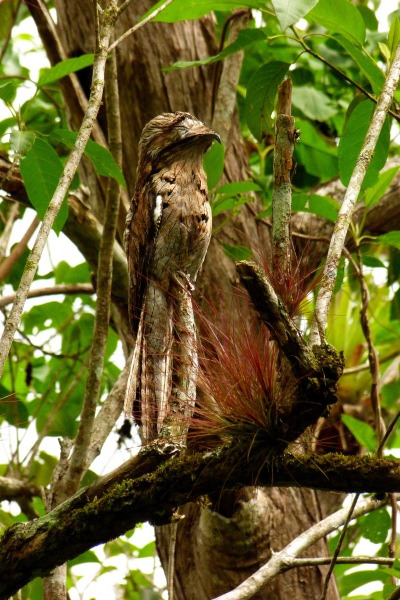
Shooting Season
Regulations for shooting birds
Jamaica has a regulated shooting season, during which certain bird species can be hunted in limited numbers. The National Environment & Planning Agency (NEPA) oversees the season and enforces strict rules to ensure it is carried out responsibly. These regulations are in place to protect bird populations and prevent overhunting.
Concerns about neocolonial practices
Some critics argue that the shooting season in Jamaica is a neocolonial throwback to the days when the English upper classes participated in bird shooting. They raise concerns about the impact of this practice on the conservation efforts and the need to move away from outdated practices that may harm bird populations.
Incidents of rule violations
Despite the regulations in place, there have been instances of hunters violating the rules during the shooting season. NEPA has already cited several hunters for disobeying the prescribed times of day for hunting and for hunting near residential areas. These incidents emphasize the importance of enforcing the regulations and holding violators accountable.
Success Stories
Positive impact of bird-friendly environments
Creating bird-friendly environments can have a positive impact on native bird populations. By providing suitable habitats, food sources, and nesting areas, individuals and communities can attract and support a diverse range of bird species. These efforts contribute to increasing bird populations and fostering a healthy ecosystem.
Migratory species in bird enthusiast’s garden
Bird enthusiast Emma Lewis has witnessed the positive impact of creating a bird-friendly garden in Jamaica. Her garden has attracted migratory species such as the American Redstart and the Prairie Warbler, which nested in the area. These sightings demonstrate the importance of creating safe spaces for birds and the role individuals can play in conservation efforts.
Importance of protecting bird communities
Protecting bird communities is vital for maintaining healthy ecosystems and preserving biodiversity. Birds play essential roles in pollination, seed dispersal, and pest control, contributing to the overall health and balance of ecosystems. By protecting bird communities, we can ensure the long-term sustainability of Jamaica’s natural environment.
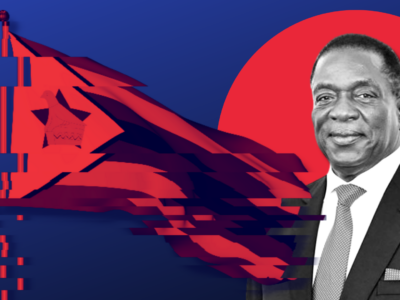
Call to Action
Urgent need to protect Jamaica’s wild birds
The recent incidents of bird abuse and illegal trapping highlight the urgent need to protect Jamaica’s wild birds. These incidents are not only harmful to individual birds but also pose a threat to entire populations and their habitats. It is crucial for individuals, communities, and authorities to take action to prevent further harm and protect these precious species.
Importance of enforcing wildlife protection laws
Enforcing wildlife protection laws, such as the Wildlife Protection Act, is essential for safeguarding Jamaica’s wild birds. Strong enforcement sends a clear message that harming or disturbing native birds will not be tolerated. Authorities should dedicate resources to monitoring and addressing violations to ensure the effectiveness of these laws.
Community engagement and education
Engaging the community and promoting education about the importance of bird conservation is key to long-term success. By raising awareness among the public, particularly young people, about the value of wild birds and the need for their protection, we can foster a culture of appreciation and responsible stewardship of Jamaica’s natural resources.
Conclusion
Protecting Jamaica’s wild birds is a critical endeavor that requires the collective efforts of individuals, communities, and authorities. By enforcing wildlife protection laws, creating bird-friendly environments, and engaging in community education, we can ensure the long-term survival of these beautiful creatures. Let us work together to protect Jamaica’s wild birds and preserve the natural heritage of the island for future generations.
